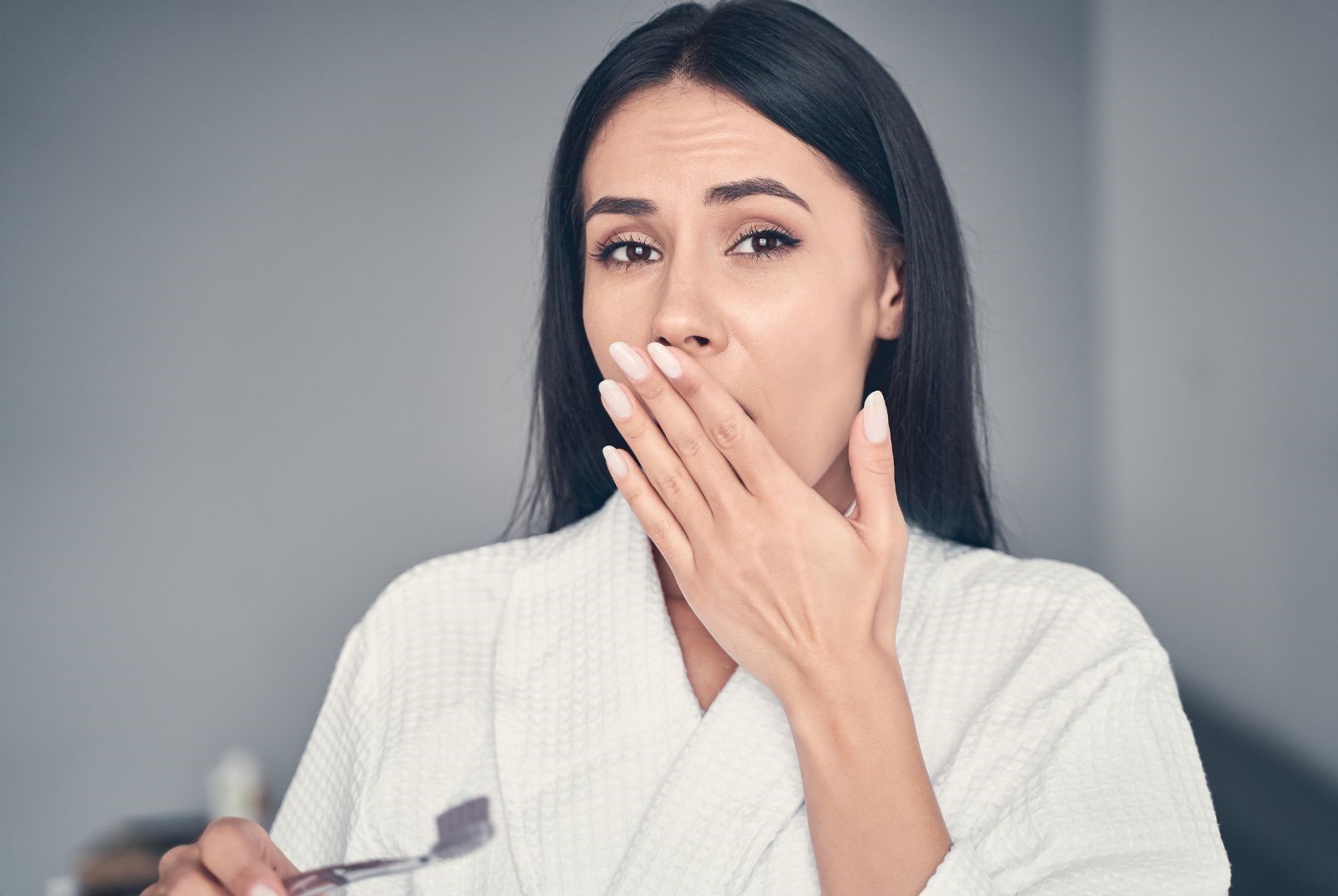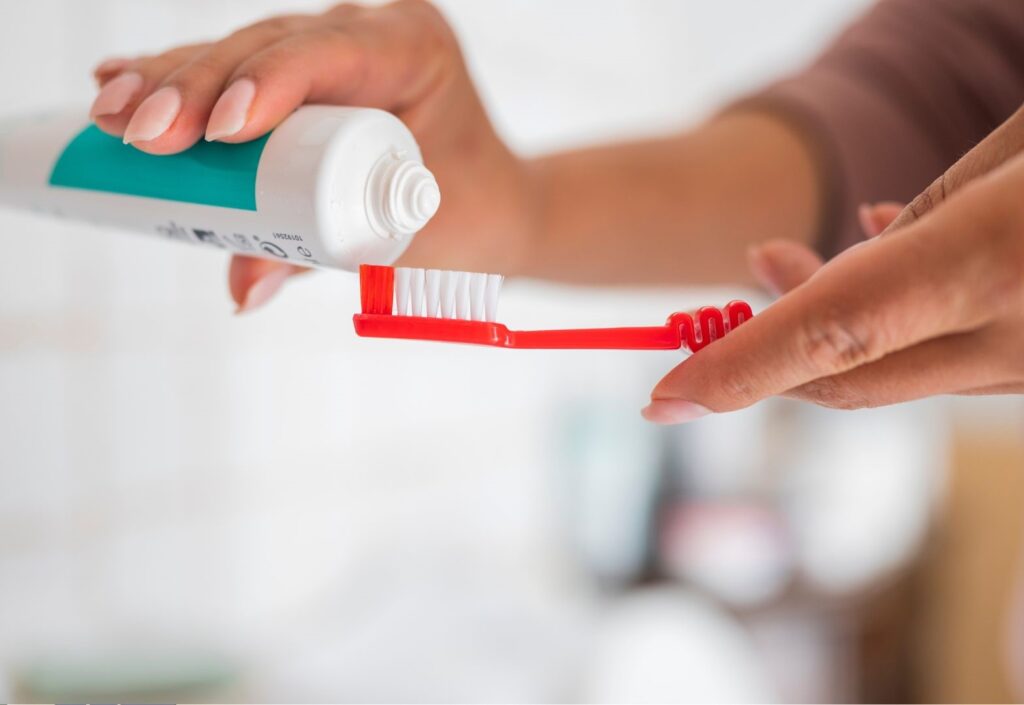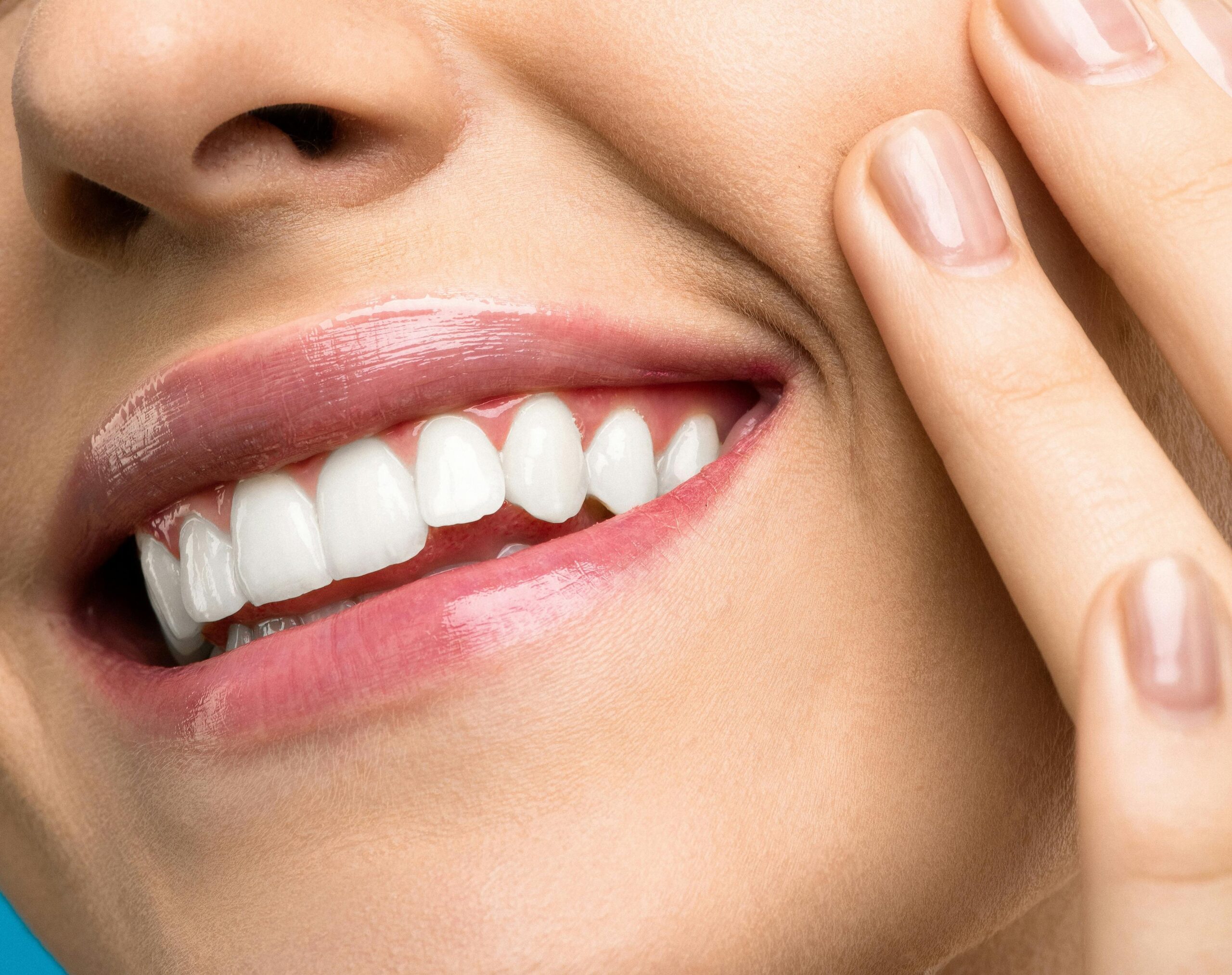Choosing the Best Toothpaste for Bad Breath: A Complete Guide
Bad breath can be a significant source of embarrassment and social anxiety, affecting millions of people worldwide. While many factors contribute to halitosis, choosing the best toothpaste for bad breath is a crucial step in combating this common issue. The right toothpaste can make a big difference in freshening breath, fighting bacteria, and promoting overall oral health.

This guide aims to help readers navigate the complex world of oral care products. It will explore the key ingredients to look for in toothpaste, such as zinc and essential oils, and discuss how they work to neutralise odours and kill bacteria. The article will also shed light on the role of probiotics in oral health, debunk common myths about bad breath, and provide tips to personalise toothpaste choices based on individual needs. Additionally, it will highlight the importance of a holistic approach to fresh breath, including proper oral hygiene practises and lifestyle changes.
Debunking Myths About Bad Breath and Toothpaste

Common Misconceptions
There are several misconceptions surrounding bad breath and toothpaste that need to be addressed. One common myth is that toothpaste alone is sufficient for maintaining fresh breath. However, toothpaste is just one component of a comprehensive oral hygiene routine . While it helps remove plaque and bacteria, other practises like flossing and using mouthwash are equally crucial for combating halitosis.
Another misconception is that whitening toothpastes are more effective at cleaning teeth than regular fluoride toothpastes . The truth is that regular fluoride toothpaste is recommended by dentists as the best way to maintain good oral hygiene, while whitening toothpastes primarily focus on improving the appearance of teeth rather than their cleanliness.
Scientific Facts
Contrary to popular belief, brushing teeth once a day is not enough for proper oral hygiene. The American Dental Association (ADA) recommends brushing twice a day with an ADA-approved fluoride toothpaste and a soft-bristled brush to effectively remove plaque, food particles, and prevent bacteria buildup.
Toothpaste is a crucial part of oral care, containing ingredients like fluoride that help protect against tooth decay and gum disease. However, it is not a standalone solution for fresh breath. Mouthwash with antibacterial ingredients like hydrogen peroxide can help reduce bacteria in the mouth and combat bad breath.
Expert Opinions
According to Dr. Kevin Sands, a cosmetic dentist in Beverly Hills, “Oral bacteria communicates and organises to create a biofilm, which attaches to your teeth once a day on average. This accumulation can cause an odour to develop in your mouth.” To address this, he recommends consistent oral hygiene habits, including brushing twice per day, flossing daily, and regular dental visits.
Dr. Sands also emphasises the importance of addressing underlying causes of bad breath, such as oral health issues, gastrointestinal problems, or dehydration . He suggests that toothpaste with fluoride and antibacterial ingredients can help fight plaque buildup, cavities, and oral malodor.
Personalising Your Toothpaste Choice

Choosing the right toothpaste for your oral health needs can make a significant difference in maintaining a healthy smile. With so many options available, it’s essential to consider your specific dental concerns and preferences when selecting toothpaste.
Assessing Your Oral Health Needs
When it comes to choosing the right toothpaste, it’s important to assess your specific oral health concerns. This will help you narrow down the options and find a toothpaste that addresses your needs effectively.
If you have sensitive teeth, look for a specific toothpaste for sensitivity. These types of toothpaste typically contain ingredients like potassium nitrate or strontium chloride that help reduce pain and discomfort caused by sensitivity.
An antibacterial toothpaste is recommended for those struggling with gum issues such as gingivitis or periodontitis. Look for one that contains active ingredients like triclosan or stannous fluoride, which can help fight bacteria and reduce inflammation in the gums.
Opt for toothpaste containing fluoride. Fluoride strengthens tooth enamel, making it more resistant to tooth decay and cavities .
Considering Lifestyle Factors
Even though toothpaste is not meant to be consumed, small amounts tend to be swallowed now and then. If you have specific dietary needs, such as lactose intolerance or gluten intolerance, or if you practise a vegetarian diet, it is important to look closely at the ingredients to ensure they don’t contain ingredients from those sources.
Another personal preference to consider is tooth whitening. For some people, having a brighter smile contributes to their self-confidence and overall well-being, so even if it isn’t a medical necessity in terms of oral health, it can have a positive impact on one’s mental health . If you are looking to brighten your smile, consider using whitening toothpaste. These products usually contain mild abrasives or chemicals like hydrogen peroxide to remove surface stains and give your teeth a whiter appearance over time. However, it’s important to note that these types of toothpaste may not be suitable for everyone as they can cause increased sensitivity in some individuals.
For children, there are specially formulated kid-friendly toothpaste available on the market. These often come in fun flavours and feature characters from their favourite cartoons to make brushing more enjoyable for little ones while still providing the necessary oral care benefits .
Consulting with a Dentist
Remember, consulting with your dentist is always a good idea, especially if you have specific oral health concerns. They can provide personalised recommendations based on your individual needs and guide you toward the most suitable toothpaste for your oral health journey.
Finding the best toothpaste involves considering your unique dental needs and personal preferences. If you are unsure which type of toothpaste would suit you best, consult with your dentist.
Enzym-based Toothpaste
Enzyme-based toothpaste, such as Enzim, offers a refreshing approach to maintaining oral hygiene. These innovative products utilise the body’s natural cleaning mechanisms by incorporating enzymes into their formulation. Enzymes, like those found in saliva, work diligently to break down food particles and plaque, reducing the potential for bacteria to thrive. By disrupting the formation of harmful compounds associated with bad breath, enzyme-based toothpastes contribute to a fresher, cleaner mouth.
Enzyme-based toothpaste often provides additional benefits beyond combating bad breath. Many formulas include ingredients that help strengthen teeth, prevent cavities, and soothe sensitive gums. By choosing an enzyme-based toothpaste, you’re not only addressing bad breath but also investing in the overall health of your mouth.
Beyond Toothpaste: A Holistic Approach to Fresh Breath

While choosing the right toothpaste is crucial, maintaining fresh breath requires a holistic approach that encompasses various oral hygiene practises. Here are some additional steps you can take to complement your toothpaste routine and effectively combat halitosis.
Mouthwashes and Rinses
Mouthwashes and rinses can be valuable allies in the fight against bad breath. They can reach areas that brushing and flossing may miss, providing an extra layer of protection against bacteria and odours. Look for mouthwashes containing antibacterial agents like chlorhexidine, which can effectively kill odour-causing bacteria and enhance your breath’s freshness.
However, it’s important to note that mouthwashes should complement, not replace, brushing and flossing. They are not a long-term solution for bad breath but can provide a temporary burst of freshness .
Dental Floss and Interdental Cleaners
Flossing is often underestimated, but it plays a vital role in maintaining fresh breath. Neglecting this step can lead to bad breath as bacteria thrive in the hard-to-reach areas between teeth and along the gumline. Flossing helps disrupt bacterial growth, stimulates blood flow to the gums, and removes stuck food particles that can contribute to odours.
Brushing alone is not enough to effectively remove plaque and food debris from between the teeth. Incorporating flossing into your daily routine can make a significant difference in maintaining fresh breath and overall oral health.
Professional Dental Cleanings
Regular visits to your dentist are essential for maintaining fresh breath and addressing underlying issues that contribute to halitosis. Dental professionals can identify and address conditions like gum disease or tooth decay, which can cause bad breath.
During professional cleanings, dental hygienists perform thorough oral examinations and remove plaque and tartar buildup from the teeth, which can harbour bacteria. They also provide personalised advice on proper oral hygiene techniques and recommend products to enhance your oral care routine.
By combining the right toothpaste with mouthwash, flossing, and regular dental visits, you can take a comprehensive approach to maintaining fresh breath and optimal oral health.
Conclusion
Maintaining fresh breath goes beyond just choosing the right toothpaste. It involves a comprehensive approach to oral hygiene, including regular brushing, flossing, and the use of mouthwash. This holistic strategy has a significant impact on overall oral health, helping to prevent bad breath, cavities, and gum disease. By understanding the root causes of halitosis and addressing them through proper dental care, individuals can boost their confidence and improve their social interactions.
To wrap up, the quest for fresh breath is an ongoing process that requires dedication and the right tools. By selecting a toothpaste that suits individual needs, sticking to a thorough oral care routine, and making regular visits to the dentist, anyone can achieve and maintain a healthy, fresh-smelling mouth. Remember, a bright smile and fresh breath are not just about aesthetics – they’re key indicators of good oral health and can greatly enhance one’s quality of life.


